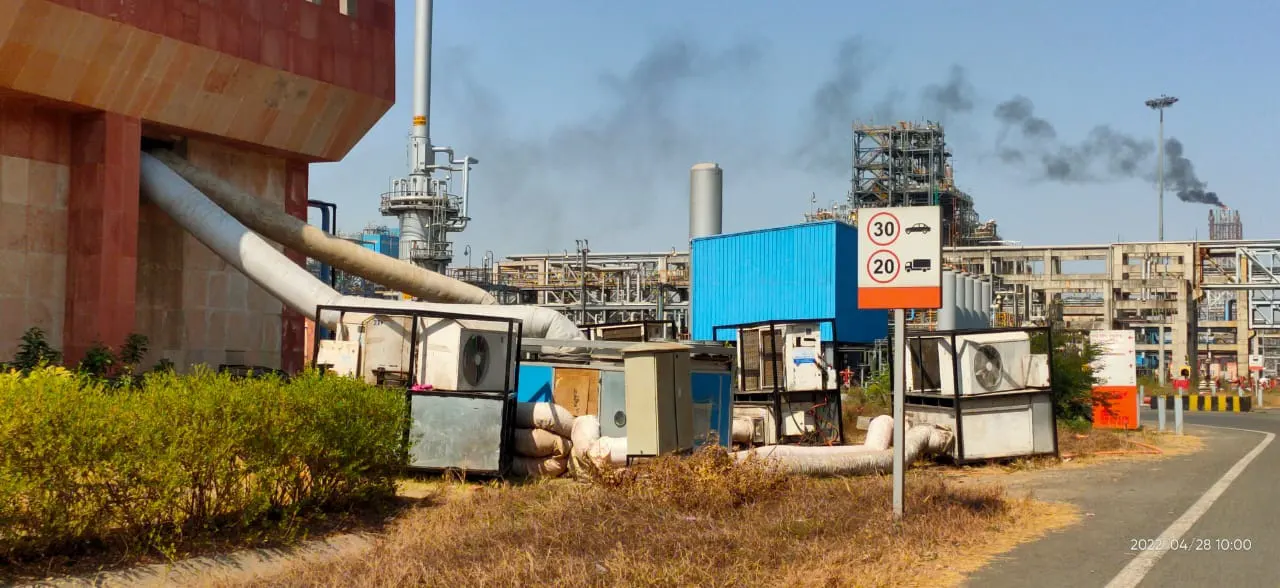Webinar Rewind: State of Space Roundtable Discussion
[ad_1]
Do you use a smartphone to converse with friends and family members, check the climate, or deliver instructions even though driving? Do you stream new episodes of your most loved television clearly show each and every week? Do you use your lender card to withdraw cash from ATMs, or make every day purchases?
All of these conveniences we depend on day-to-day are only doable by reason of satellites orbiting Earth. Satellites are utilised to mail signals down from house for nearly every function of our digitized way of living, and swiftly accumulating area debris caught in Earth’s orbit poses a significant threat to them.
This subject was mentioned at duration in Rubicon’s new Condition of Room webinar. We will touch on some of the major takeaways from this webinar, but for any individual seeking to view the occasion in its entirety, it can be identified on Rubicon’s YouTube channel or below:
https://www.youtube.com/enjoy?v=-VtfpBRi96w
Dan Sampson, Rubicon’s Chief Marketing and Communications Officer, hosted the occasion. He was joined by unique guest Charity Weeden, Vice President of Worldwide Place Coverage and Government Affairs at Astroscale U.S. Charity is also chair of the Industrial Place Transportation Advisory Committee (COMSTAC), a Fellow of the Canadian World wide Affairs Institute, together with 23 many years served in the Royal Canadian Airforce.
Charity’s remarks ended up both of those interesting and eye opening. She touched on the exponentially expanding aerospace market, the urgent problem of place debris and why we ought to all treatment about it, and how she efficiently persuades the world’s major plan and conclusion makers to take action.
The Rising Aerospace Marketplace
According to The Space Report, the room financial state now sits just under $500 billion. That is about 55 percent greater than a single ten years back, and Charity thinks it will mature to over $3 trillion by 2040. She noted this is no lengthier an business for astronauts and engineers on your own. There is an raising require for a wide array of gifted gurus from all industries.
Astroscale alone is suffering from rapid progress due to the fact its inception in 2013. They at present have divisions in Japan, the United Kingdom, the United States, and Israel. As a complete, Astroscale has much more than 300 team members globally, lifted around $300 million in financial investment, and achieved several awards for its contributions to the removing of room debris.
Pitfalls of Room Particles
Above the very last six many years, there have been extra than 10,000 launches into space, just about every making house debris of different dimensions. Sooner or later, it makes its way into orbit in what Charity describes as a “highway of debris,” touring at speeds of in excess of 17,000 miles per hour. At speeds this higher, a piece of debris smaller sized than 10 centimeters can cause catastrophic harm to satellites or area crafts made use of in human space expeditions. Items of debris this little are unable to be tracked. Now in Earth’s orbit, there are an approximated a person million pieces of particles in between a person and 10 centimeters, and above 130 million pieces lesser than one centimeter.
In the final two several years on your own, we have doubled the sum of operational satellites in orbit, and there are ideas to launch lots of extra in the upcoming couple many years. With our day-to-day life relying so heavily on the operation of these satellites, Charity urged that the time for action is now. She expressed there is a pressing require for artistic alternatives to this issue, and there is no notion also considerably fetched to test. They will appraise and demonstrate every single technology introduced to confirm if it is a feasible solution. So significantly, Charity stories they have analyzed alternatives these types of as big nets, harpoons for bigger pieces, and lasers below on Earth that are just strong plenty of to disrupt the class of tiny items of debris.
Persuading Policy and Conclusion Makers
An problem of this magnitude goes significantly further than a need to have for transform at a regional amount. If we are going to resolve this challenge, motion is needed from top rated plan and decision makers on a world-wide scale. In simple fact, a massive portion of Charity’s job is meeting with these people and persuading them to acquire preventative steps.
There are a variety of challenges Charity faces in her efforts, this kind of as the need for hard info and the total deficiency of focus on the subject, although she has recognized an advancement in the latter in latest many years. To defeat this, Charity requires every single chance she can to teach other folks on the matter. She conjures up motion by pointing out that there are penalties to performing nothing. Additionally, there is an present economic pressure that motivates sector leaders, and society’s rising curiosity in companies’ environmental, social, and governance (ESG) techniques functions in her favor as effectively.
—
Remaining unaddressed, this difficulty will compound by itself in the years to occur. Undertaking Obvious Constellation™ by Rubicon® is a method exclusively created to overcome the difficulty. The heart of this system is the Obvious Constellation competitors, which invitations universities from throughout the United States to post design ideas for alternatives to clean up up area particles and awards the winner a money prize of $100,000.
Total, the webinar was really profitable. Rubicon extends a honest thank you to its visitor, Charity Weeden for sharing her intensive understanding on the issue. We would also like to thank every attendee who joined the party, and Dan Sampson for moderating.
To remain in advance of Rubicon’s announcements of new partnerships and collaborations about the globe, be confident to abide by us on LinkedIn, Fb, and Twitter, or speak to us these days.
[ad_2]
Source website link




